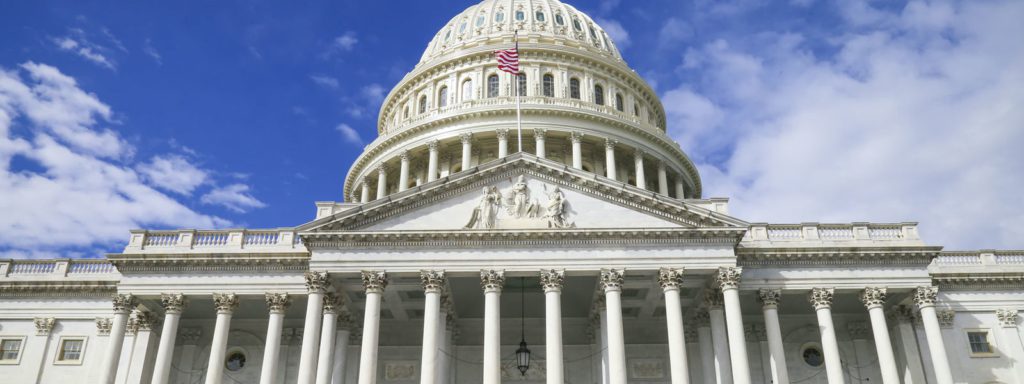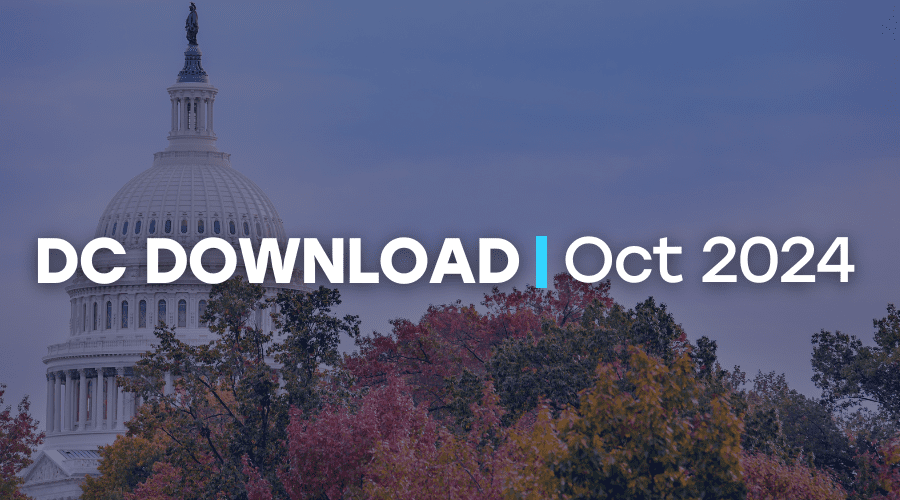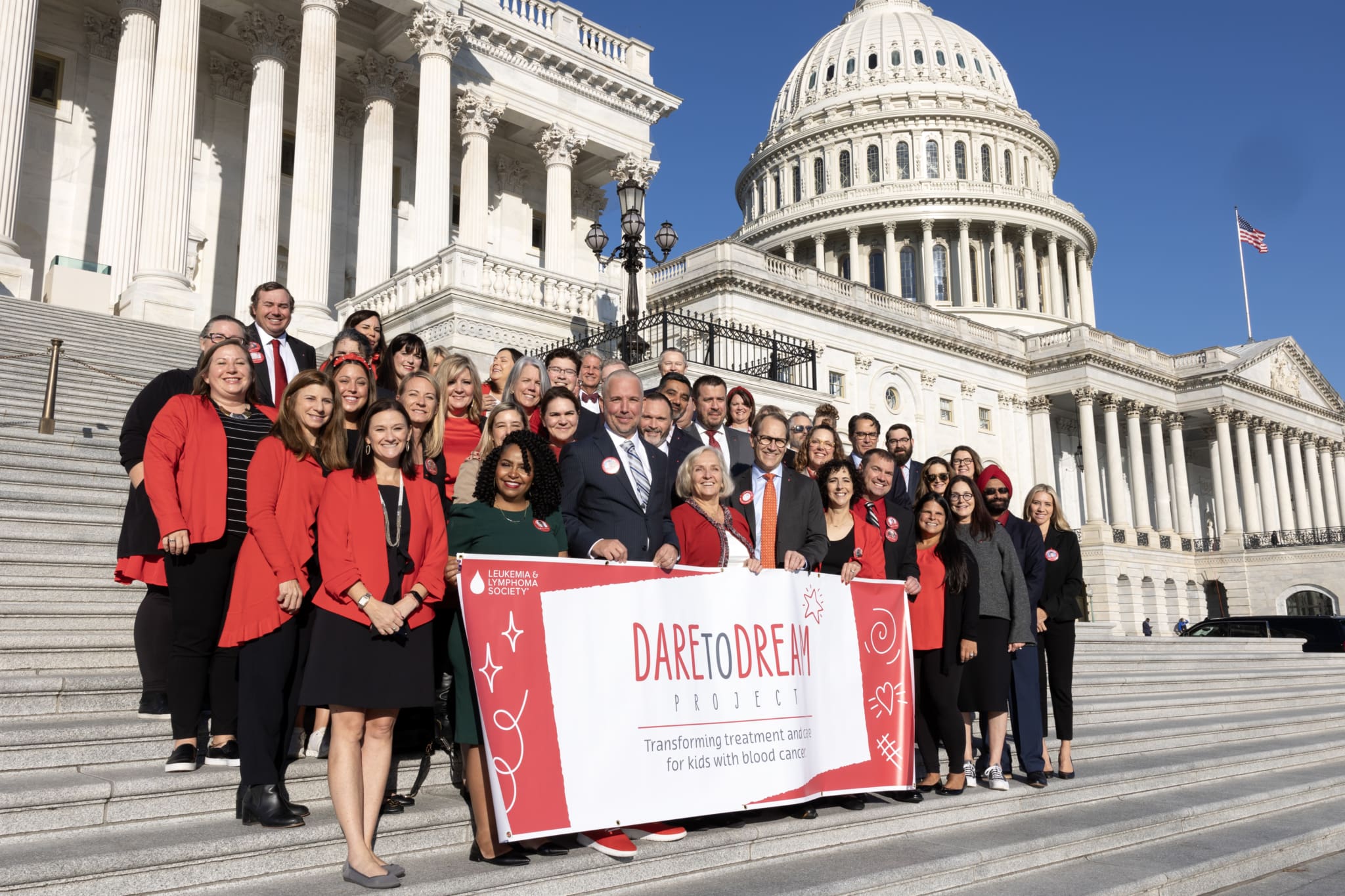New year, new you, new Congress. Welcome back to the DC Download! This year started in full force with a very contentious House Speakership election and new dynamics in Congress. If you have been busy keeping up with your new year resolutions, fear not, here is a download of issues in Washington, DC affecting nonprofits:
New Year, New Congress
Welcome to the 118th Congress. Republicans have taken control of the House with a slim majority of 222-212, with a special election pending in a likely-Democratic seat. Rep. Kevin McCarthy (R-CA) won the Speakership in dramatic fashion on January 7. Rep. Steve Scalise (R-LA) was elected Majority Leader, Rep. Tom Emmer (R-MN) was elected Whip, and Rep. Elise Stefanik (R-NY) is GOP Conference Chair. On the Democratic side, Rep. Hakeem Jeffries (D-NY) is Democratic Leader, Rep. Katherine Clark (D-MA) is Whip, and Pete Aguilar (D-CA) is Caucus Chair.
In the Senate, Democrats re-elected Senator Chuck Schumer (D-NY) as Majority Leader and Senator Dick Durbin (D-IL) as Whip, and made Senator Patty Murray (D-WA) President Pro Tempore. The major change to the current leadership slate was adding Senator Brian Schatz (D-HI) as deputy conference secretary, replacing Murray on the leadership team. The Republican leadership team led by Senator Mitch McConnell (R-KY) stayed intact. Democrats have essentially 51 votes, including three independents, compared with 49 Republicans.
Legislative Outlook
As we saw, Congress ended 2022 with a bang, passing a 4,000 plus-page legislative package that included government funding, retirement policy, and some significant wins and losses for nonprofit sector priorities. A divided Congress now means less legislative activity. That being said, there are core issues Congress needs to address, like the nation’s debt limit and government funding.
The debt limit was reached on January 19. Treasury Secretary Janet Yellen said on January 13 “it is unlikely that cash and extraordinary measures will be exhausted before early June.” Speaker McCarthy made an agreement with House conservatives to not bring up a bill to address the debt limit without major spending cuts. Breaching the debt limit would force the federal government to freeze all planned spending, and interrupt federal benefit payments. In the debt ceiling negotiations, Speaker McCarthy and conservative Republicans are expected to push for cuts to Social Security and Medicare in any deal, and some national defense spending could also be on the chopping block. The Treasury Department has yet to lay out an “X date” that the ceiling needs to be lifted by to avoid default.
Government funding expires September 30, 2023. Agreeing to topline spending numbers was difficult even when Democrats controlled both chambers because 60 Senate votes are needed. Speaker McCarthy’s commitment to bring appropriations bills up individually, as opposed to an omnibus package, may not be a stretch from current House procedure, as the House typically considers the measures one by one.
Donors Continue to Decrease in the Third Quarter 2022
According to the Fundraising Effectiveness Project, giving was up 4.7% in the first three quarters of 2022, but the number of individual donors contributing was down 7.1% compared with 2021. The 2022 third quarter report, which covers January through September and compares donor giving to the first three quarters of previous years, showed a continued trend of nonprofits getting more money from fewer donors.
The report found that new donors were down by 19.2% and newly retained donors — those who gave for the first time in 2021 and gave again in 2022 — were down by 24.7%. Repeat retained donors — those who had given in 2021 and 2022 but not for the first time — were down by only 2%. New donors and repeat retained donors make up 77.2% of all donors. The remaining share is split between newly retained donors (9.3%) and recaptured donors (13.5%) — those who did not give in 2021 but had given before and gave again in 2022.
Nonprofit Employment Update
Nonprofits across the country have added enough jobs over recent months to more than make up for those lost since the onset of the COVID crisis nearly three years ago, according to new estimates from the George Mason University Nonprofit Employment Data Project.
After losing at least 1.6 million jobs, or 13.2% of its work force in 2020, nonprofits now employ 107,000 more people than they did pre-pandemic in 2017, the most recent year for which comprehensive data exists. The study found that the nation’s nonprofits likely first recovered from pandemic job losses in October 2022 and have added jobs since December.
While the study suggests nonprofit employment is back on track, it cautioned that the recovery has not affected all types of nonprofits equally. Arts groups still employ 29,000 fewer workers than they did in 2017, and religious, grant-making, civic, and career-related organizations as a group employ roughly 102,000 fewer workers, a loss of 12.6% of its pre-pandemic work force.
New Proposed Regulations Would Transform Income-Driven Repayment
On January 10, 2023, the U.S. Department of Education proposed regulations to reduce the cost of federal student loan payments, especially for low and middle-income borrowers. The proposed regulations would amend the terms of the Revised Pay As You Earn (REPAYE) plan to offer $0 monthly payments for any individual borrower who makes less than roughly $30,600 annually, and any borrower in a family of four who makes less than about $62,400. The regulations would also cut in half monthly payments on undergraduate loans for borrowers who do not otherwise have a $0 payment in this plan. The proposed regulations would also ensure that borrowers stop seeing their balances grow due to the accumulation of unpaid interest after making their monthly payments.
The public is welcome to submit comments on Improving Income-Driven Repayment for the William D. Ford Federal Direct Loan Program until February 10, 2023.
Ana Montañez is the manager of government relations at Independent Sector.



